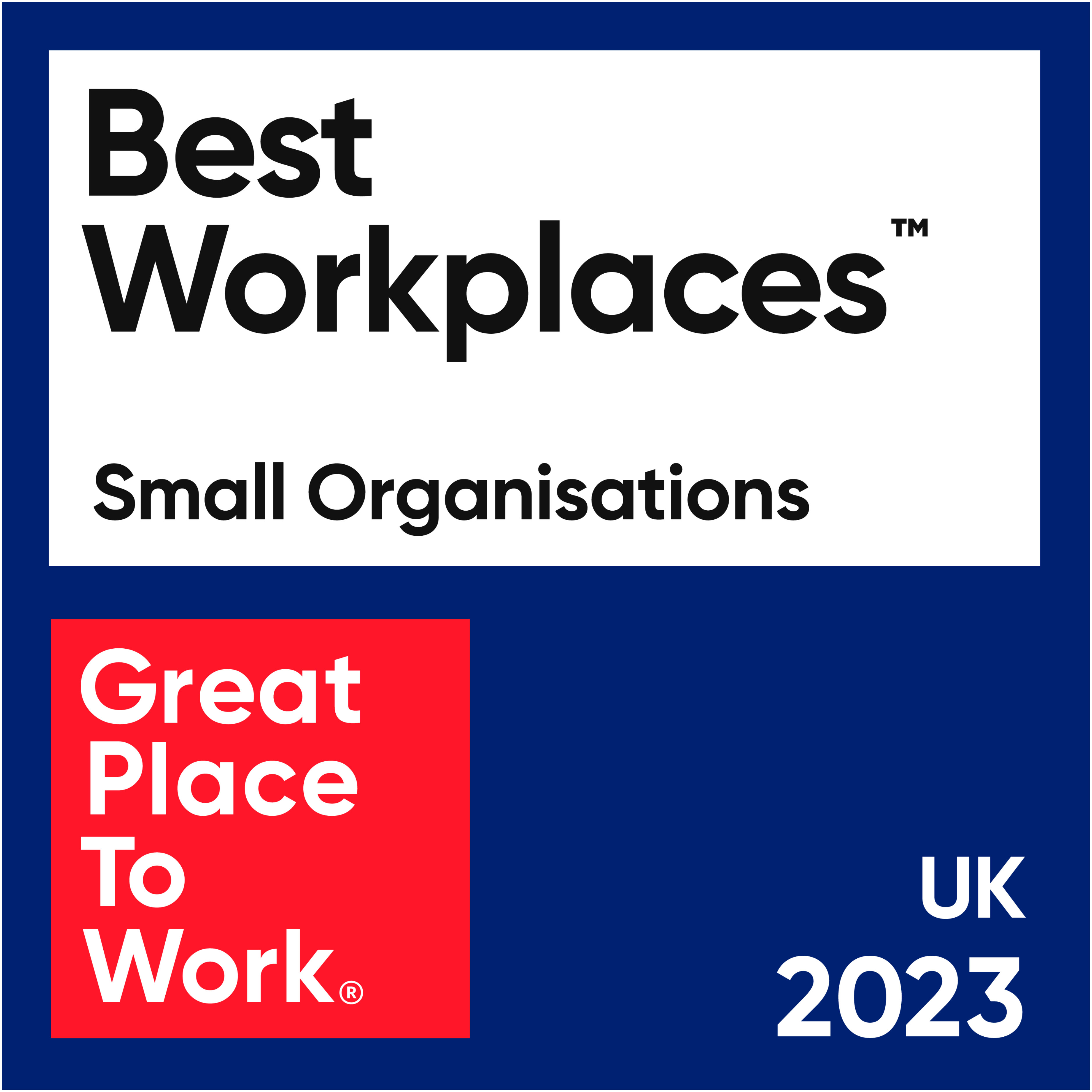The route into product for women
There is a lack of women in the product space. The Product Manager reports that 66% of product management roles are currently occupied by men.
So, where are all the women?
The truth is that the route into product for women is rarely linear and often women approach the product industry having come from different backgrounds. The issue being that experience in non-traditional backgrounds is overlooked when compared to 'traditional' routes into product.
We’re going to explore the issues and how, if you’re a woman dreaming of a career in product, you can make the move to the product world.
You can also watch back our thought-provoking webinar to gain awareness on the challenges faced by women in product and explore ways to promote diversity and inclusion in the industry.
Starting early
One of the key issues in gender diversity in product starts from when girls are still at school. As Eva Novotna, Product Manager at Productboard explained in a recent Canvas panel:
Even in this day and age, girls still tell me that their teachers tell them maths and computers are not for girls. There is actually quite a small percentage of women studying STEM degrees. I think there is a lot we can do to support high school girls studying STEM.
This was evident for Macarena Lasierra, Product Designer for 383, too. She explained how noticeable it was how few women were around her during her education years. “I was the only girl in my class studying technology at high school and at Engineering school, the gender difference was pretty clear to me too. There were far more men on my degree course.”
Stem Graduates reports that just 15% of engineering graduates are women and only 19% of undergraduate places for technology are occupied by women.
When we don’t encourage and nurture girls into STEM subjects during their formative years, it’s easy to see why there are often fewer women studying tech-based degrees and pursuing careers in the product industry.
And when that happens, the hiring pipeline of ‘traditional’ backgrounds that lead into technology and product roles is predominantly filled with men.
The product landscape
Natalie Lomas, Recruitment Director here at IRIS, has noticed that when it comes to filling roles in product, “there are very few females applying, unfortunately. I do feel the routes into product don’t help. A lot of BA, QA's, Data Analysts, computer science graduates, tend to be male.”
Because the pipeline into product is male dominated, this means there are naturally more men being promoted into leadership roles in product too.
Seeing less women in leadership means it can be harder for women to envision where a career in product could take them.
Sheryl Preen, Senior Product Manager at 383 thinks “a lack of female product leaders manifests the feeling for women that they can’t resonate with product, because they have no-one to relate to within that world.”
In a study undertaken by Women in Product, they found that ‘68% of women see their career path as unclear’ - that you can’t be what you can’t see.
But how can we change the product landscape?

Breaking tradition
This issue of less women in product, and by extension in product leadership, would be less pronounced if more employers began to look beyond ‘traditional’ routes into the industry.
Anita Leslie, Head of Product for 383, who has over 20 years within product explained that, even though she originally comes from a marketing background herself, she has found that “product management traditionally takes people with technical backgrounds and that has led to a lack of women in product roles, as women in tech roles are hard to find in the first place.”
Companies are automatically shutting out a large pool of candidates when they base their requirements on having a certain number of years within product or only hire from selected backgrounds.
Debbie Widjaja, Product Director at Simple Energy Tech says “as a hiring manager, you have to be willing to expand and hire from a non-traditional background, expanding to accept people from more diverse pipelines.”
With more backgrounds and pipelines, come more experiences, and more experiences build better products.
As Anita continues:
Product Managers can come from different backgrounds and that diversity is important. In my 20 years in the sector, I have seen some amazing people join product roles, who have come from account management, customer service, QA and marketing backgrounds.
Mentors matter
However, women who enter the digital product industry from a less traditional technology background can often find their professional networks are smaller, they know fewer people in their new industry, and they aren’t sure what skills they bring to the table.
Each woman we spoke to when writing discussed the importance of mentors in championing women in the product industry, helping them understand how they can thrive in their new roles.
Georgina Steele MEng, Lead Technical Engineer at Tractable, highlights the types of mentor to look for to support a career in product. “Find technical and career mentors. Technical to help you with what skills you need to learn and where to start in that direction, and career to help shape your pathway through this industry."
Mentors help you to up-skill and open new career opportunities - challenging you whilst championing you.
It was also found, in a study by McKinsey, that the main driver for women leaving the product industry is the lack of support and isolation in the role. Not only is a mentor key for onboarding people into a role, but for retaining product talent too.
But not all companies will have in-house mentors or supportive management, so for those without internal company mentors, communities like Women in Product are a crucial lifeline of support.
Their mission is to help women at all stages of their product careers to “learn, thrive and achieve.”

Show me the money
And when women do get into a role in the product space, the gender pay gap is still an issue in the industry, as it is in almost every single industry.
According to the Gender Pay Gap Report, women in product are paid just 74p for every £1 that a man earns.
Debbie thinks there is just one way to ensure that women and men, doing the same roles, are receiving the same salary:
The only way we can hold companies accountable is by publishing what the salary band is for certain levels, so people know they are compensated equally.
It is also vital that salary is spoken about openly within the team and not shrouded in secrecy. Georgina has noticed an upward trend in more junior positions discussing what they get paid, “and this helps people to understand where they sit, and then they know that they can ask for more.”
This also means that in a review cycle, salary bias or promotions can be addressed and awarded when deserved. The more companies do to be transparent about employee salaries, the more the salary disparity can be addressed.
Key competencies
For women who want to make the change to a career in product, what is the best route?
Debbie is a firm believer in “the general format of an apprenticeship, where you are learning whilst you are also working.”
Apprenticeships allow women to understand how to manage the situations that arise in a typical day working in the sector and whilst studying alongside the work they are undertaking. Apprenticeships also come with the support of a mentor, something we know is really key to a successful career in product.
For those looking outside of apprenticeships, what is important to note is that the requirement for a lot of hiring managers in product is no longer how technical your background is, but more about your key competencies and where your transferable skills lie.
As Anita Leslie explains, a lot of product management is about skills you have acquired in your career. “Think about the skills you have in your job today, and how you can apply them to product management. You may not be a perfectionist in all areas of product management, but if you are willing to learn and grow, give product a go!”
Successful product managers should have a wide range of skills from user testing, to market research, problem solving and opportunity identification. Technical skills can be important in some roles, but each company, team or product will require a different skill profile to be successful.
Lasting Advice
And for those who are ready to take the step into product management, our Product Managers have great advice.
I would say just go for it! Typically women find it harder to sell themselves and their career history which can sometimes present as a lack of experience/skills in interviews. Don’t let that hold you back, anyone can do anything if they put their mind to it, so just pursue your career goals and don’t let anything hold you back. - Sheryl Preen
If you want to get into product, learn as much as you can, trust your skills and intuition, create a strong portfolio that shows the fields you are most interested in. Don’t compare yourself to what others are doing and very soon you will find yourself in a good spot. - Macarena Lasierra
Talk to people, talk to a woman's group - just find someone who will share that mentorship with you. Be curious, don’t be afraid, nothing bad will come from having a conversation. - Anita Leslie
If you are looking for your first, or next role in product, get in touch with us at IRIS or find our latest roles HERE.


built by: huzzah!

